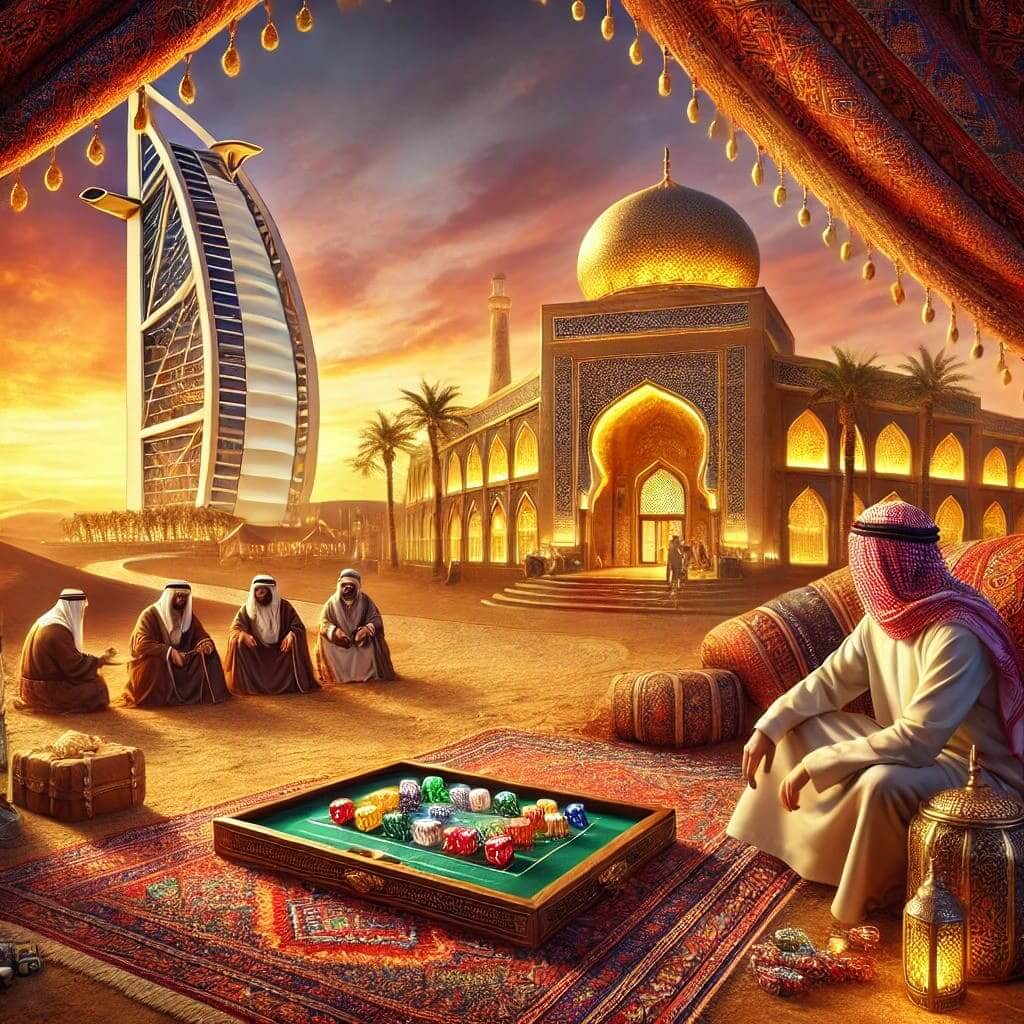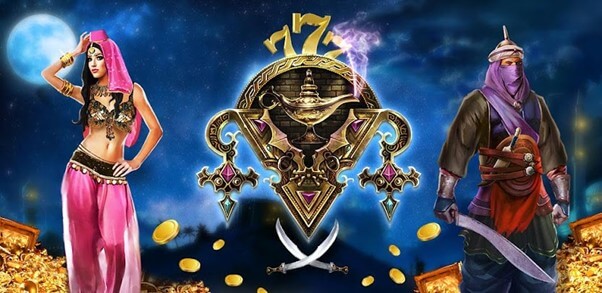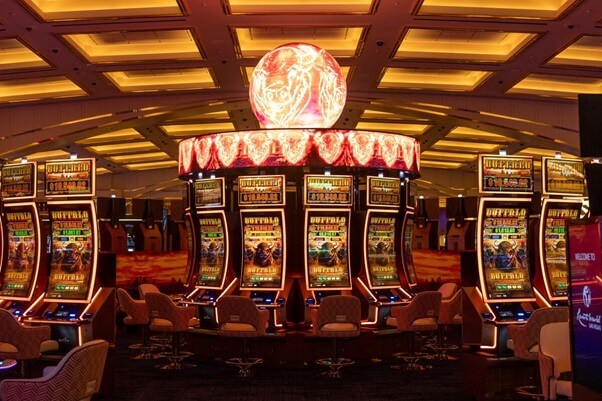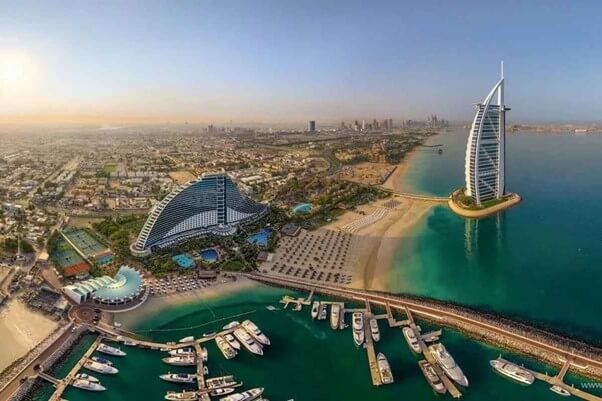The Evolution of Gambling and Casinos in the Arab World
Throughout centuries, cultures have showcased their unique approaches to games of dependency and risk. From the sun-baked dunes of vast landscapes to opulent venues bustling with excitement, this intriguing engagement has evolved remarkably. Rituals, traditions, and societal norms are intricately woven into this captivating narrative, reflecting people’s desires, aspirations, and fortunes.
From ancient practices to modern establishments, this multidimensional realm tells tales of innovation, challenges, and transformations. An interplay of legal, cultural, and philosophical influences has shaped local attitudes towards chance-based activities, providing insights into a society’s values and norms. Historic occurrences, literary references, and technological advancements reveal a fascinating evolution that continues to attract attention.
Read more +
Dive into a vibrant tapestry where ancient rituals meet contemporary endeavors. Understanding this complex relationship allows one to appreciate not only the entertainment aspect but also the deeper connections that reveal human psychology, community, and economic implications. Witness how these engaging pastimes have transcended time, leaving an indelible mark on cultures and generations alike.
The Origins of Gambling in Ancient Arabia
In antiquity, various societies engaged in activities of chance and risk, often intertwining them with cultural practices and social dynamics. These early customs laid the groundwork for complex rituals and games that would emerge over time, reflecting both the values and beliefs prevalent among communities.
Within ancient Arabian culture, elements of chance manifested in diverse forms, from simple games of dice to contests involving animals. Merchants and tribes frequently participated in these pursuits, utilizing them not merely for entertainment but also as a means to strengthen bonds within their communities and enhance social standings.
Dice, crafted from materials such as bone and wood, played a significant role in these early traditions. Evidence suggests that these artifacts were used in various settings, including gatherings and markets. Furthermore, competitions among horses and camels became a notable aspect of social life, merging the thrill of risk with a deep appreciation for skill and endurance.
Additionally, these practices often held religious connotations, with various rituals designed to appeal to deities for luck and fortune. Such beliefs highlight how intertwined chance-based activities were with daily existence and spiritual life, shaping not only personal experiences but also collective cultural identities.

Cultural Significance of Games of Chance
Games of chance hold a prominent place within various cultures, reflecting societal values, traditions, and human behavior through the ages. These activities serve as a mirror to community interactions, often embodying the balance between luck and skill, fortune and misfortune. Their allure goes beyond mere entertainment; they connect individuals, provoke emotions, and create shared experiences.
Social Interactions and Community Building
Participating in chance-based activities fosters social bonding and enhances communal ties. These events often provide a backdrop for significant gatherings, where people come together to share moments of joy and suspense. Key aspects include:
- Celebration: Many cultures incorporate games into festivals and community events, marking special occasions with excitement.
- Tradition: Passed down through generations, these games contribute to cultural heritage and collective identity.
- Storytelling: Engaging narratives often accompany games, enriching the cultural fabric and providing insights into societal norms.

Philosophical and Symbolic Aspects
Beyond the surface level, games of chance often symbolize broader themes such as fate, destiny, and human resilience. They challenge participants to confront risks and uncertainties, prompting reflections on:
- The Nature of Luck: Many believe luck is a force that influences outcomes, impacting how individuals perceive control and randomness in life.
- Risk and Reward: The calculated risk-taking involved in these activities mirrors real-life decisions and teaches valuable lessons about choices.
- Morality: Engaging with chance often raises ethical questions, prompting discussions about fairness and justice within various contexts.
Transition from Desert Practices to Modern Venues
The shift in recreational pastimes within arid regions reflects a fascinating evolution, where traditional customs gradually adapted to contemporary environments. Over time, ancient interactions among individuals have transformed into vibrant activities that appeal to a broader audience. This transformation indicates not only a change in social norms but also a response to the economic and cultural shifts occurring in various societies.
Traditional Customs and Community Engagement
In earlier times, communal gatherings often featured simplistic forms of chance-based activities, fostering bonds among participants. Local gatherings served as platforms for creativity and socialization, where skills and luck determined outcomes. These interactions reinforced community ties, as people found joy in sharing experiences, even in rudimentary settings like sandy expanses.
Emergence of Sophisticated Establishments
As societies progressed, so did the environments where these activities took place. The rise of modern establishments marked a significant departure from past practices, introducing enhanced experiences characterized by luxury and entertainment. Innovative venues now accommodate diverse preferences, drawing visitors who seek both leisure and excitement. This transition signifies a broader cultural integration, marrying traditional elements with modern sensibilities, and creating a unique tapestry of entertainment options.
Impact of Trade Routes on Gambling Trends
The interconnection of various cultures through trade routes significantly influenced leisure activities, particularly those related to chance and skill. As merchants traveled across vast distances, they carried not just goods but also customs, traditions, and forms of entertainment. This exchange fostered innovation, leading to a blend of local practices and foreign influences that shaped emerging trends.
Cultural Exchange and Diversification
Interactions along trade paths created a melting pot of ideas and formats regarding play. Regions once characterized by specific games expanded their offerings as new players introduced different methods of entertainment. This diversification enabled individuals to experience a wider range of options, creating an evolving landscape where traditional customs met new strategies.

Economic Factors and Accessibility
With increased traffic along major routes, economic prosperity brought about greater accessibility to various forms of recreation. Merchants, often exposed to different environments, facilitated the introduction of sophisticated practices and materials needed for games of chance. Consequently, the popularity of such activities flourished, reflecting the changing social dynamics inherent in bustling trade environments.
Influence of Religion on Gaming Regulations
The interplay between faith and recreational activities in certain regions shapes regulations significantly, reflecting deep-seated beliefs and cultural values. Religious doctrines often inform the parameters within which these pastimes are permitted or restricted, guiding community standards and individual behaviors.
- Islamic teachings present clear views on leisure pursuits that may involve chance, emphasizing moral implications and societal consequences.
- Many adherents interpret such activities as diverting attention from spiritual obligations and communal responsibilities.
- Moreover, scripture often delineates between acceptable entertainment and practices perceived as harmful or excessive.
Consequently, local customs and laws may emerge as expressions of these interpretations, leading to variations in practices across different societies. In regions where faith plays a central role, community leaders often advocate for restrictions or outright bans on certain activities, perceiving them as threats to social harmony.
Potential influences include:
- Spiritual leaders shaping public opinion and legislation.
- The community’s response to perceived ethical violations.
- Global shifts in attitudes toward leisure and ethics.
As a result, rules governing leisure pursuits may vary widely, leading to a unique landscape where personal enjoyment must be balanced with cultural and religious expectations. Understanding these dynamics proves essential for grasping contemporary practices within these societies.
Casinos as a Reflection of Contemporary Society
In modern-day communities, certain establishments serve as mirrors of cultural values, social dynamics, and economic trends. These venues often depict a fusion of tradition and innovation, encapsulating the evolving identity of societies while highlighting key shifts in public attitudes and behaviors.

This phenomenon can be observed through various dimensions, such as:
- Economic Impact: These entertainment hubs contribute significantly to local economies, driving job creation, tourism, and regional development.
- Cultural Reflection: They often embody a blend of local customs and global influences, showcasing unique architectural styles and entertainment offerings.
- Social Interaction: Such establishments act as gathering places where diverse groups converge, promoting interaction and community building across different demographics.
- Regulatory Environment: The legal frameworks surrounding these venues reveal prevailing attitudes towards leisure and risk, often informing public policy decisions.
By examining these aspects, one can gain deeper insights into how these establishments are not merely sites of entertainment but also significant societal phenomena that reflect underlying values and priorities of contemporary life.
You May Also Like

With over a decade of experience in the gambling industry, encompassing both traditional and online gaming, the author has established themselves as a seasoned expert. What initially began as a simple hobby of crafting descriptions for casinos and online slot machines gradually evolved into a daily pursuit, consuming a significant portion of their time. Martins doesn’t limit their writing to online casinos alone, but also offers valuable insights into the world of sports betting. This extensive background ensures a wealth of knowledge and expertise in the field of gambling.














